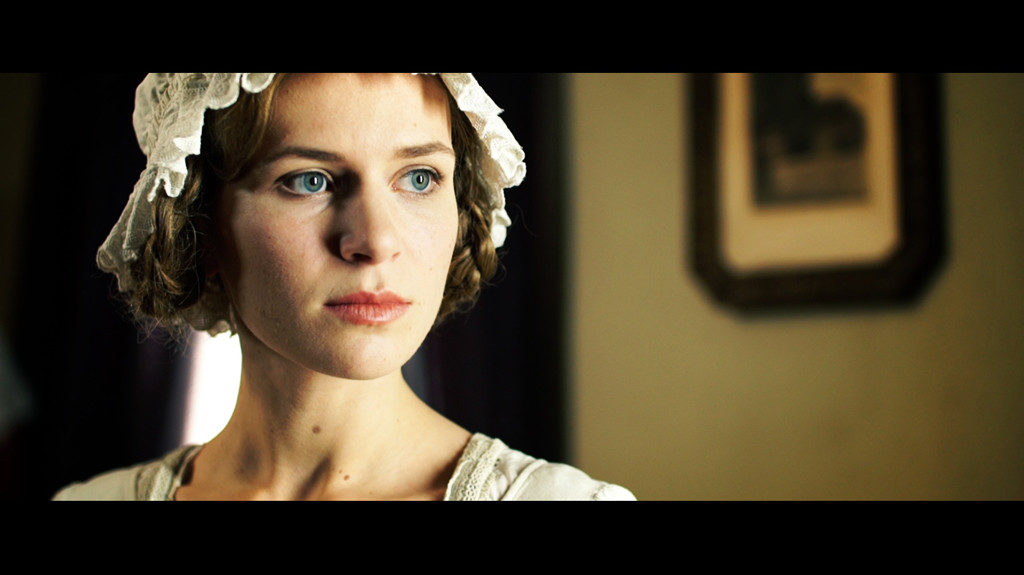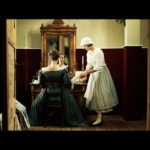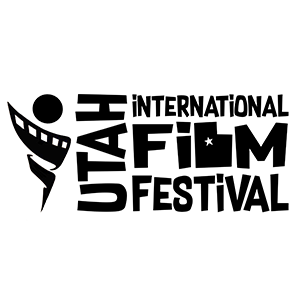The Life of Marie



The Life of Marie is the story of a servant girl, Marie Kowalik who tries to resolve a situation for her mistress, but instead gets herself into some untoward attention and also unexpected adoration at an aristocratic event she is entrusted with a task by Countess Anne von Borke. The film is shot in soft candle light rendering the film the opulence of the early 19th century and the opera playing in the background has a crucial part in emphasising the burden Marie carries on her shoulder portraying someone other than herself, a servant girl.
When Countess Anne von Borke (Silvina Buchbauer) conveys her desire to be with Anton Stein (Merlin Leonhardt) in a letter to him citing their mutual interests along with the idea of leaving her husband to take their relationship further, Anton Stein replies with something Countess does not expect. As Marie reads the correspondence to her mistress from Anton Stein, it is clear that he has no interest in getting involved in a romantic relationship with Anne von Borke and would like to just keep the friendship. However, he invites her to an event at Mrs Tilebein’s salon to converse about art and a lecture by Mr Loewe.
Hiding her disappointment and dejection under a veil, Anne von Borke commission’s Marie to accompany her to the event to preserve her honour by regaining the letter she had written Anton Stein in secret. Behind the dress of her lady, Marie is uncomfortable to portray herself as one among the upper-class that surrounds her at the event. When the congregation sees right through her rich clothes and identifies her as a servant, they pay no heed to whatever she does to mingle among them. Not only does the upper class despise her for her audacity to deceive them with a disguise, but the servant girls do no good but ask her to help them serving drinks.
While this happens, Anton Stein is attracted to Marie and makes sure she knows by following her into a rest area where she diligently tries to remove the stains of a drink spilt on her mistress’s dress. The letter is returned to Anne von Borke’s purse and understanding that Anton is attracted to Marie, Anne envies Marie and asks her to remove the stain on her dress.
Jacqueline Sophie Pawliczek plays Marie Kowalik with such convincing meekness that is expected of the servant in the age of monarchical reign. Not only does she carries herself with great submission to her mistress, she plays the part of someone who fails to convince aristocrats with her evidently odd behaviour. The content of the opera that plays in the film is a great addition to the project and definitely, contributes to emphasise the period of the story.
As magnificent as the cinematography is, the film has a dearth of conviction. Although Rolf Kasteleiner’s direction is commendable, the screenplay could have been better. It is likely that certain scenes were made to delineate the discrimination of upper-class, they could have been more concise instead of being spread out where they do not belong. But it is just one opinion and the film still is a beautiful work.





